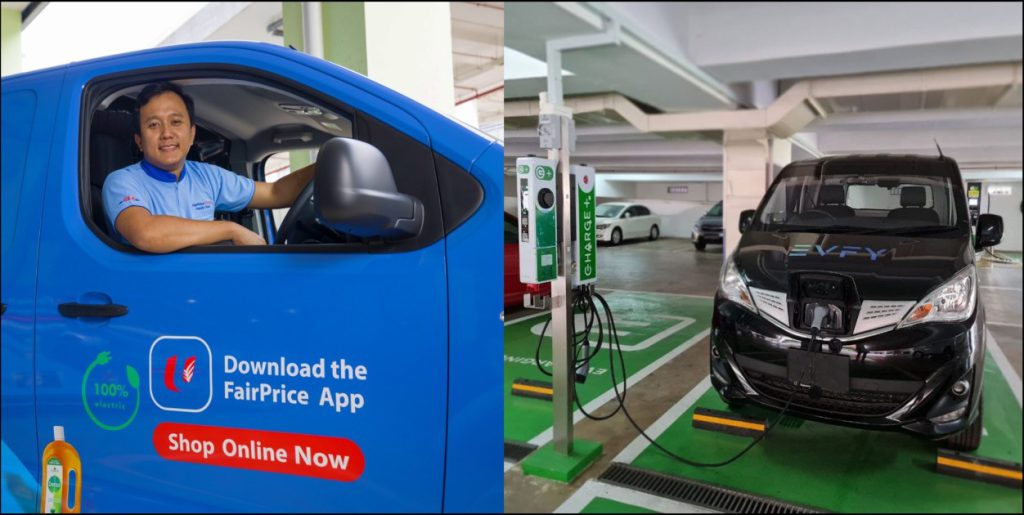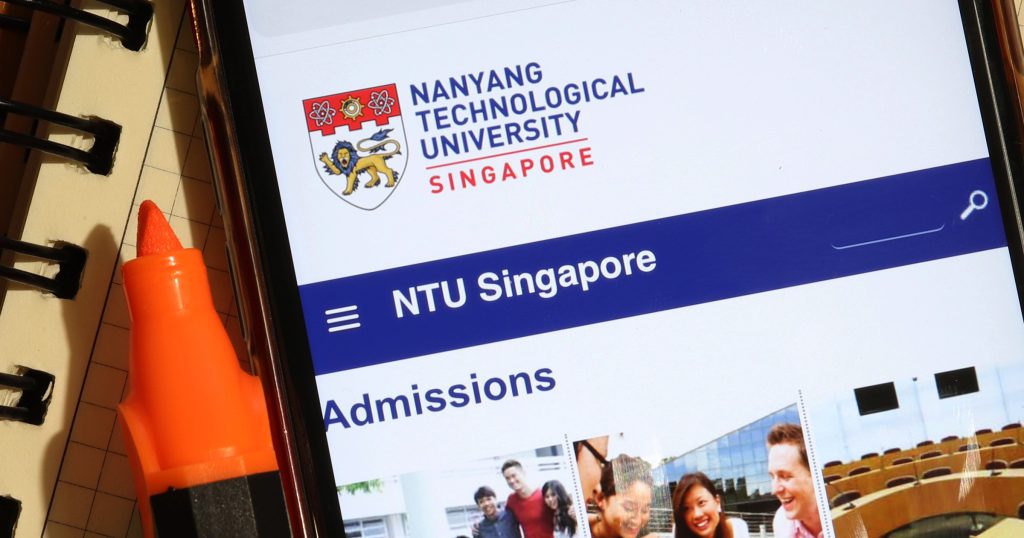As an island state with limited renewable energy options, Singapore’s ability to achieve net-zero targets by 2050 will be contingent on innovations in low-carbon technologies and effective international collaboration.
But instead of being dependent on outside factors for progress, there is an obvious solution to take us one step closer towards our climate goals — electric vehicles (EVs).
With transport amounting to 16 per cent of our carbon emissions, a shift towards EVs will help Singapore kickstart its journey towards decarbonisation.
And considering how diesel-powered commercial vehicles contribute a disproportionate level of carbon in the transport sector, electric vans will be the key to helping Singapore turn its Green Plan targets into reality.
The road to zero

Two years after setting out the vision to phase out internal combustion engine (ICE) vehicles and have them run on cleaner energy by 2040, Singapore has introduced a string of regulations and incentives to accelerate the shift towards EVs.
So far, the efforts have yielded encouraging results. Passenger EV sales are on an upward trajectory, propelled by increasing environmental consciousness, attractive tax rebates and a growing network of charging stations that eases range anxiety.
As for public transport, electric buses and taxis have become increasingly common. According to the Land Transport Authority (LTA), half of the public bus fleet, private hire vehicles and taxis will be electric by 2030.

And now that the electrification of private cars and public transport has gained traction, it is time to turn our attention to commercial vehicles.
In the past, high upfront costs and a lack of EV options and charging infrastructure have stopped commercial fleets from going electric. But since then, the barriers hindering EV adoption have been reduced.
Besides government rebates to make electric vans more affordable, lesser need for servicing and a surge in petrol prices have made EVs a more cost-effective option in the long run.
As our EV ecosystem evolves and grows, green delivery startups such as EVCo and Evfy have emerged to offer EV rental, ride-share and last-mile logistics support.
In addition, with consumers becoming more aware of their environmental footprint, there is an expectation for businesses to embrace sustainable solutions across their supply chain.
So far, firms like DHL, Ninja Van, and FairPrice supermarket have added EVs to their delivery fleet.
Against this backdrop, the time has come for businesses, small and medium-sized enterprises (SMEs) in particular, to upgrade their logistics infrastructure and integrate EVs into their operations.
Building a more liveable city

With commercial vehicles covering a higher mileage daily than passenger vehicles, going electric can reduce our carbon emissions drastically.
And while emissions by the tonne can be an abstract concept, cleaner air and lesser noise are not since they directly affect our quality of life.
Being a densely populated city, the rumbling engines of vans delivering goods around housing estates can be a nuisance. And unlike construction work that stops after sunset, deliveries can occur round the clock.
The silent approach of EVs will therefore help tackle our noise pollution, improve our air quality, and help transform Singapore radically for the better.
Unless one is a climate change sceptic, which makes them as dangerous as anti-vaxxers, there is less and less room for businesses to justify using ICE vehicles for transport these days — that is especially so when switching to EVs makes so much economic and environmental sense.
Featured Image Credit: Car Buyer Singapore/Evfy










